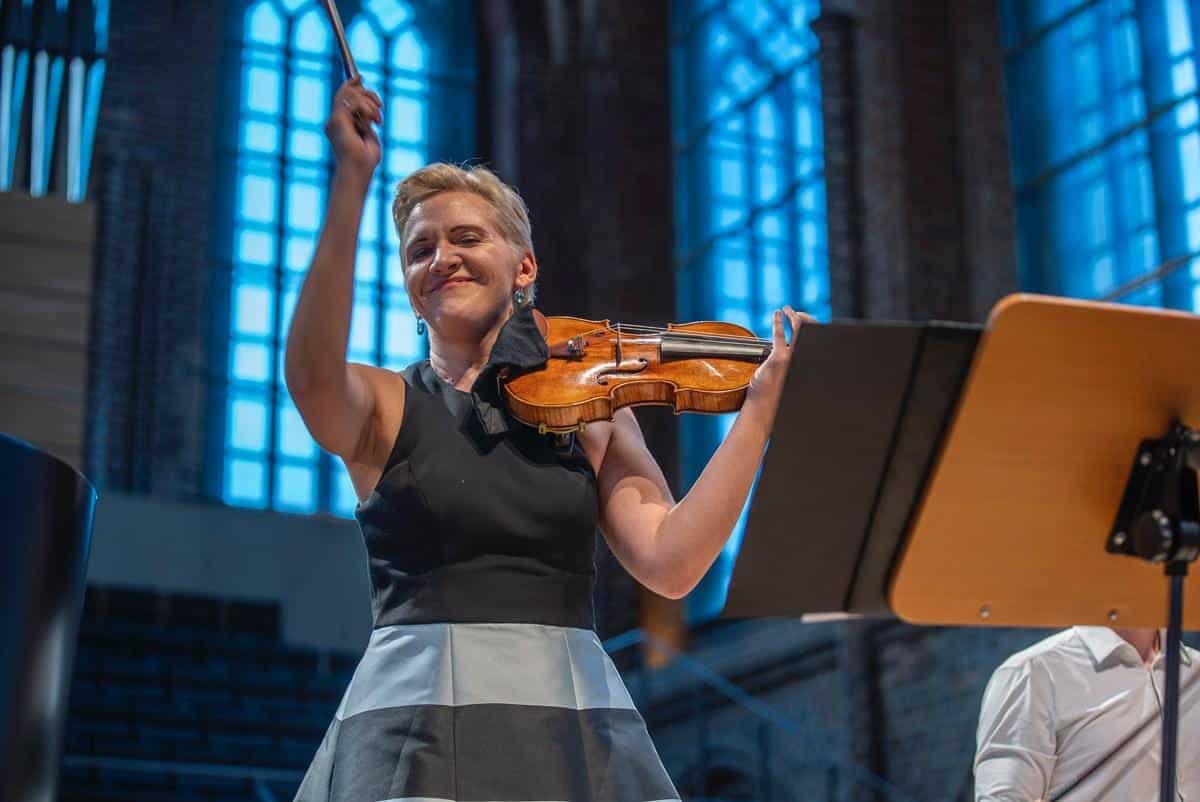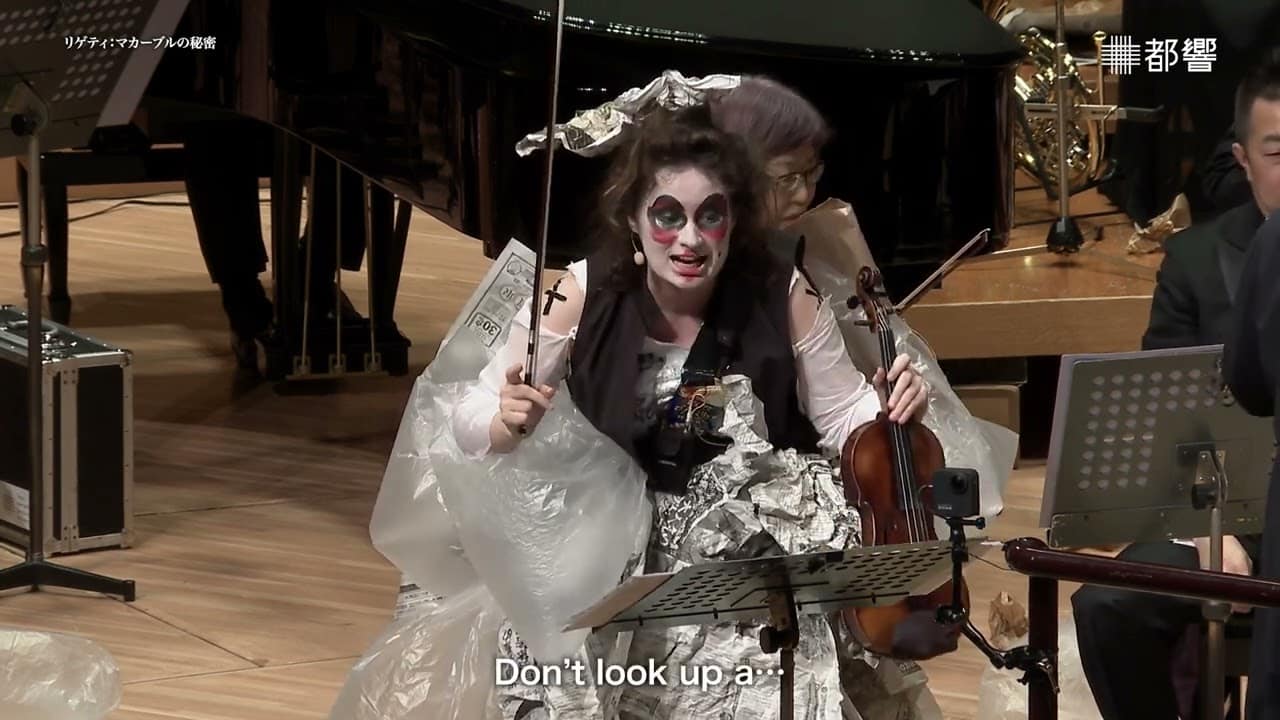Shunned Berlin concertmaster acccepts Latvia post
OrchestrasThe violinist Vineta Sareika, who resigned this week as concertmaster of the Berlin Philharmonic, has been awarded an honorary professorship by the Latvian Academy of Music in her home country.
She says: ‘Extremely honored and thankful to become the honorary professor of the Jāzeps Vītols Latvian Academy of Music!’
It is not clear whether or not this will represent a time commitment on her part.






Comments